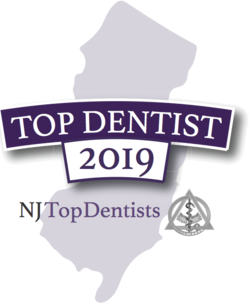Summit Dentist Shares the Effects of Oral Piercings on Your Dental Health
More and more people get oral piercings each day, but this causes damage to dental health. Here are the things you need to know about getting oral piercings.
Complications
Oral piercings lead to several complications. While you might not experience all of these, even just one or two can be a real nuisance.
• Bleeding
• Pain
• Swelling
• Chipped or damaged teeth
• Infections
• Receding gum tissue
• Lacerations
• Scarring
• Oral jewelry which becomes embedded and requires surgery for intervention
• Airway obstruction
• Hypersalivation
• Keloid formation
• Palatal Erythema
• Smelly and disruptive discharge from the piercing site
• Changes in ability to taste
• Patches of sores
Aside from oral piercings, some people take it a step further and pursue tongue splitting. This is the modification of the tongue formed by cutting it into two separate pieces. This procedure is done in a variety of ways, is invasive and extremely dangerous. Some patients have suffered from severe bleeding and inflammation while others have had long-term infections, massive nerve damage and other hazardous complications as a result.
Are Oral Piercings Okay?
There isn’t a dentist out there that is going to give you the okay on oral piercings. In fact, they’ll all agree that you should run the other way from piercings if you know what’s right for your mouth. They aren’t the only ones. The ADA also advises that patients avoid using intraoral piercings or tongue splitting. Not only are these procedures unnecessary and invasive, but the negative consequences far outweigh any benefit that could be achieved.
If you end up getting an oral piercing despite the warnings, you need to follow these tips:
• Keep the area clean all the time – this requires more attention than before
• Visit your dentist regularly for checkups. They can watch for any signs of complications before they become too severe.
Your best bet is to make an appointment with your dentist prior to getting the piercing. Then, the two of you can have a conversation regarding the risks and complications before you go ahead with the plan. Remember, your Summit dentist knows what is best for you mouth, so it’s always wise to listen to the sound guidance they give.





